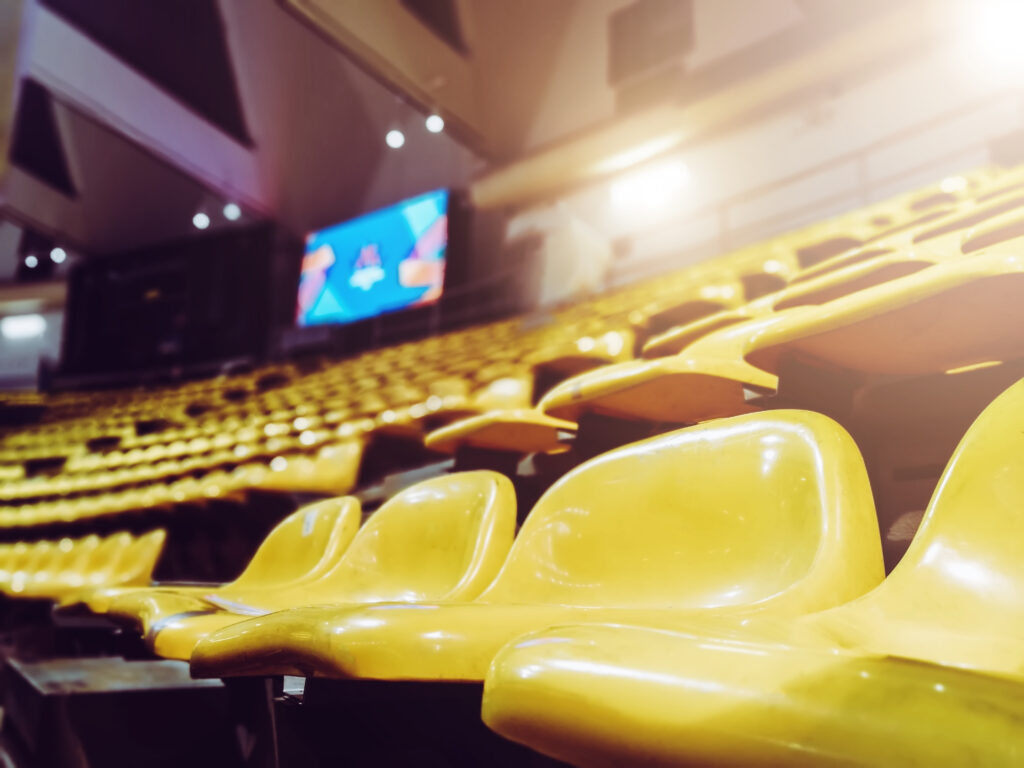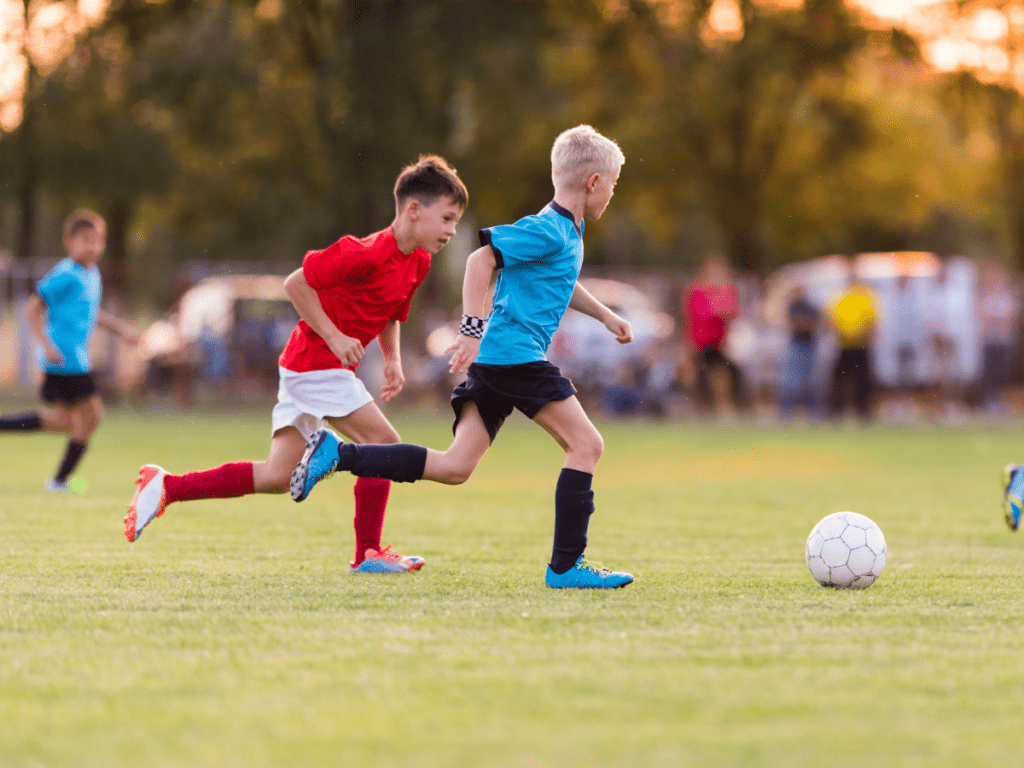The evolution of the active economy

Highlights In November 2018, Calgarians participated in a plebiscite to decide if the city should proceed with a bid to host the 2026 Olympic and Paralympic Games. Calgary’s shot at hosting its second Olympics and first Paralympics came to an end as 56.4% opposed bidding. This was perhaps the final straw in what we, Calgary-based academics at Mount Royal University, had seen…
Summer 2021 SIRCuit
The Summer 2021 SIRCuit is now available! The SIRCuit is designed to highlight important research and insights to advance the Canadian sport system. With the summer Olympic and Paralympic Games in Tokyo on the horizon and the winter Games in Beijing just around the corner, this edition of the SIRCuit dives into issues and trends that will…
Building a culture of excellence in high performance sport

Highlights An organization’s culture involves the values, attitudes and goals that are shared by a group of people. These values, attitudes and goals influence how the group interacts and operates as its members work toward a common goal. Within and beyond sport, culture helps to determine a team’s focus, establishes norms of acceptable behaviour and…
The new normal? How digital innovation evolved the fan experience

Highlights Sport, like all industries, adapted to the challenges of the ongoing COVID‑19 pandemic. Competitions and events were cancelled or they continued in empty stadiums. Over the past year, high-performance athletes have become used to long periods of isolation and competing on the world’s biggest stages without the roar of the crowd. At the same…
Sport organization identity during COVID-19
During times of crisis, research suggests a clearly articulated vision of an organization’s core purpose can help streamline and prioritize decision making and adaptation. During COVID-19 restrictions, resilient sport organizations played a variety of roles beyond the provision of participation opportunities.
Three recommendations for sport organizations when engaging in evaluation

The sport sector considers evaluation an essential organizational practice. Through evaluation, sport organizations can gain insights and solicit feedback about their programs. Evaluation can also inform decision-making, guide program improvements, and build stakeholders’ value and advocacy for programming (Holt et al., 2016; Shaikh et al., 2020). Despite its value, evaluation also challenges many sport decision-makers,…
Job insecurity
For coaches, job insecurity can lead to reduced job and life satisfaction, decreased well-being, and burnout. Sport organizations can support the well-being of coaches through employment opportunities that are contractually secure and by limiting the number of temporary coaching contracts.
Preventing fraud in community sport
Financial fraud can have devastating effects on a sport organization’s service provision, reputation, and long-term viability. Research suggests a three-tiered approach to fraud prevention, including training for leaders on financial management to understand the risks; sound financial management practices; and early detection systems.
Academic legacies from the 2022 Canada Games
The Niagara 2022 Canada Summer Games are inspiring cross-disciplinary research at Brock University. Projects range from an examination of the incidence of injury and illness experienced by Games athletes, to an immersive visual and aural project exploring the links between watersports and regional ecosystems, to a storytelling repository and archive of 2022 Games materials. Read…
Sustainable Development Goals in sport
“The Sustainable Development Goals, and the global movement to use them to measure the impacts of sport, can help governments and sport organizations better understand the impacts of their current work, as well as guiding future investments and initiatives.”– Vicki Walker, Director General at Sport Canada. For more information about how the SDGs are informing…